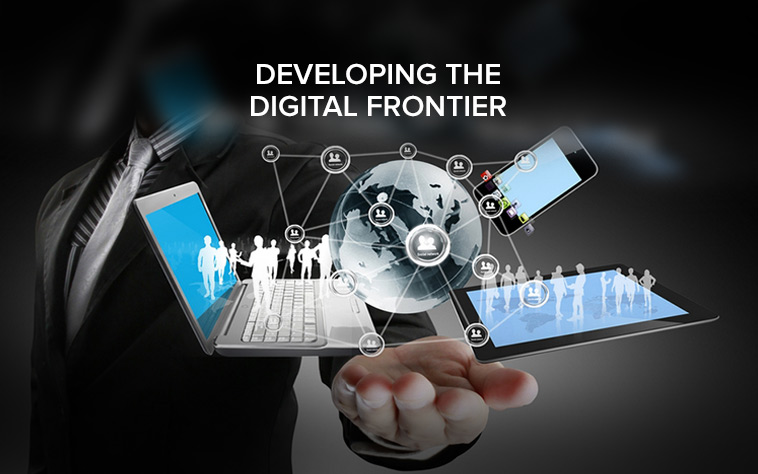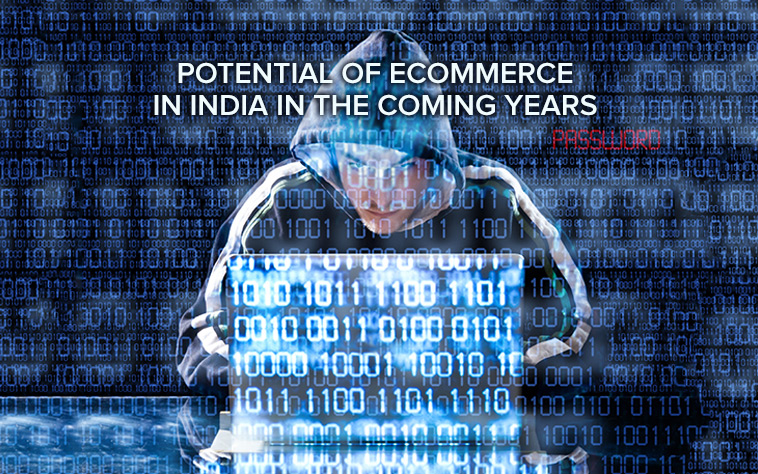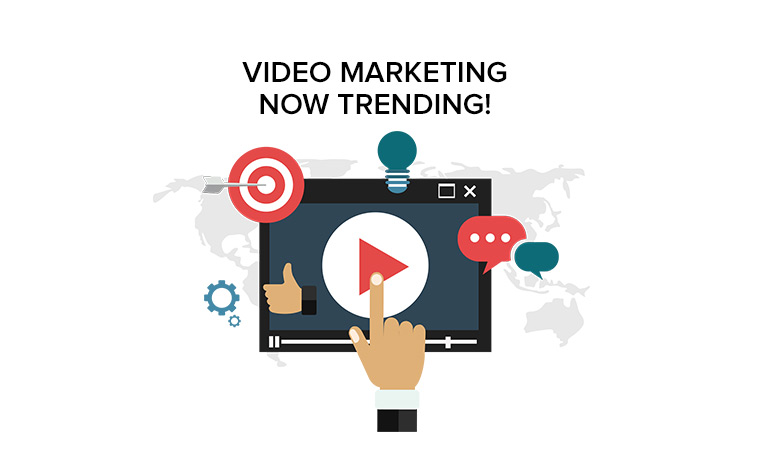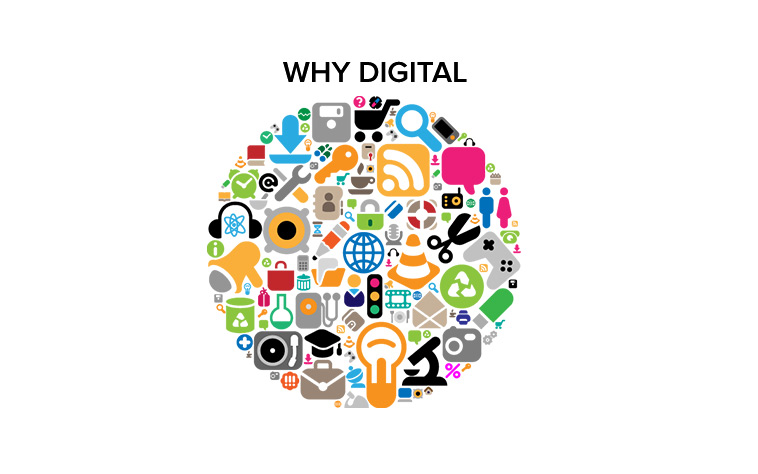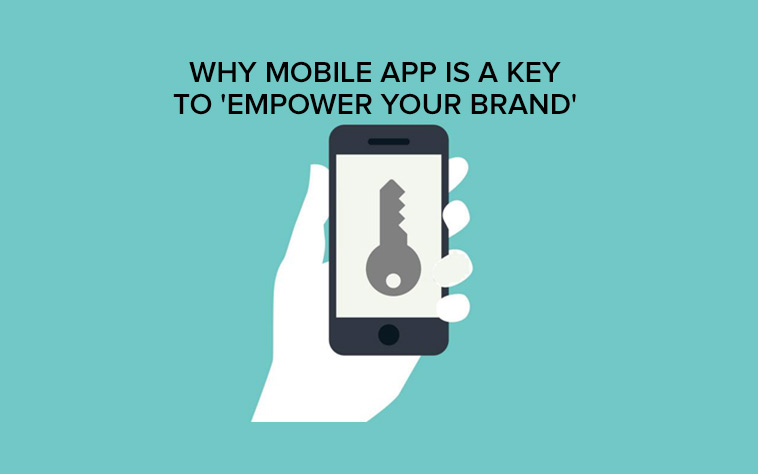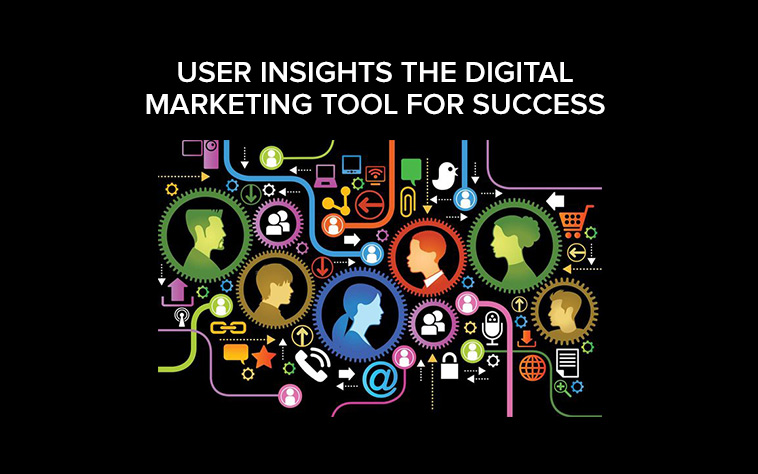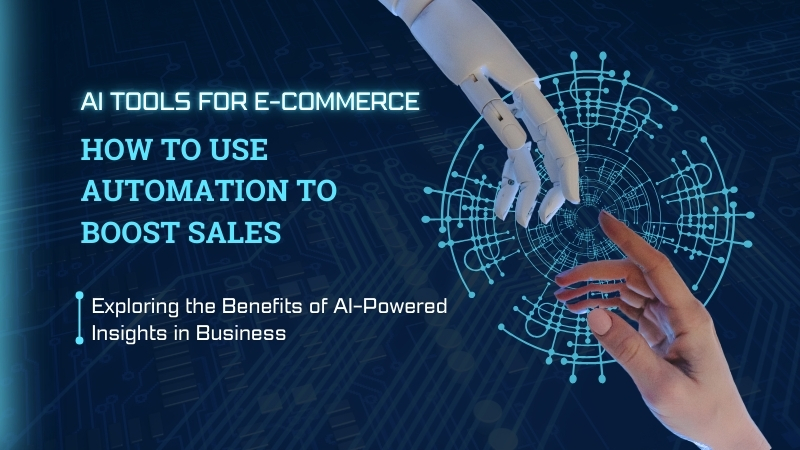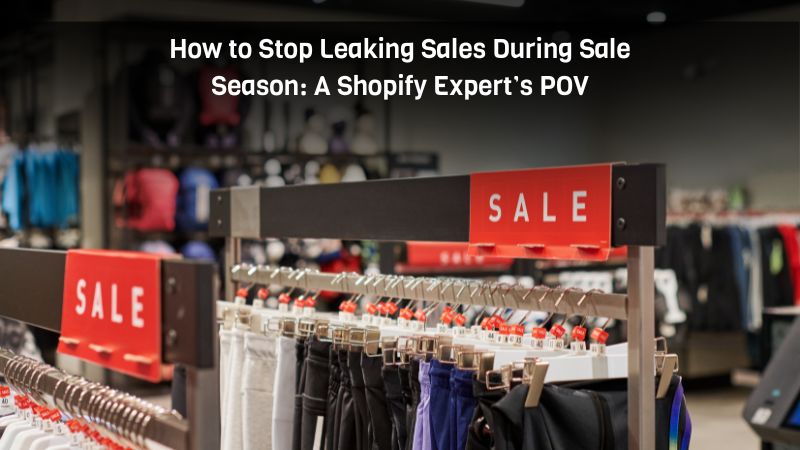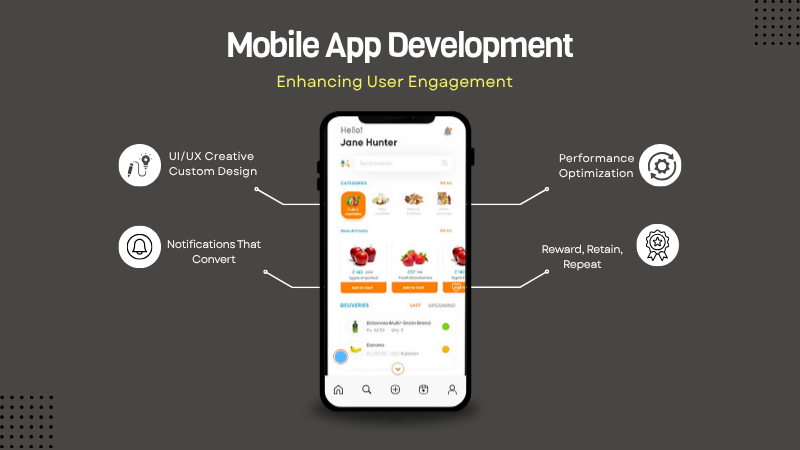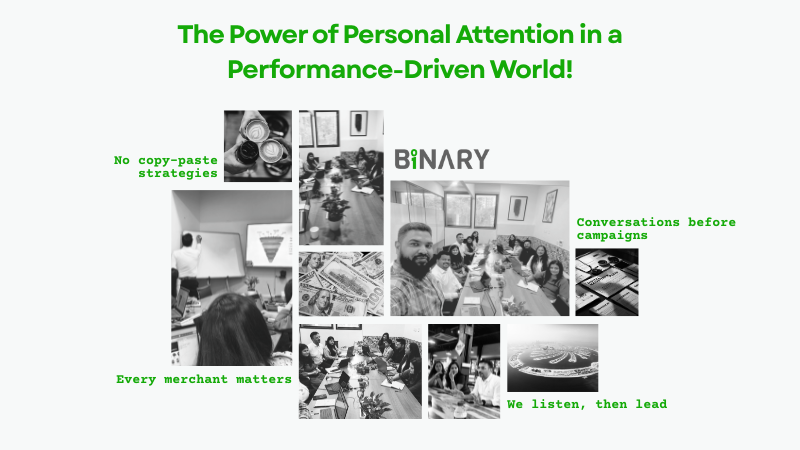With Social Media & Digital Marketing changing its attributes from “nice to have” to “must have” for your business, managing the mediums is a task. If mastered this tricks pretty well you will end up with gaining fruitful results. Below are some tips that would help you nail the digital targets in few simple steps:
Blogs
Ease the burden on your IT resources by providing strategy, implementation, and management for any custom or packaged application.
Talk to ExpertPINTEREST is the latest social media platform that has taken over most of the social media platforms. Since it’s launch, Pinterest has been used to share images across the Internet for a variety of reasons from entertainment value to advertising campaigns. Millions of users prefer this social media platform on a regular basis looking for images that peak their interest so that they may “repin” the images to share with their own followers. With more than 25 million visitors, Pinterest can be a great method to generate brand awareness for all big companies out there who are looking for visual branding.
Why Use Pinterest For Branding?
As we all know Online marketing behaviour keeps changing, so what’s new this time?
It’s the rise of Visual Content, since it has arrived few years back it continues growing till date. The main reason of Visual Content’s rise is its ability to communicate complex messages very quickly. This is extremely useful to digital marketers hence it is likely to dominate the digital marketing scene this year & in the future too.
Visual Content on demand!
Before you begin expanding your digital presence, you will first want to make sure that you have laid the foundational groundwork. Your core branding and messaging should be in place and clearly showcase who you are, who you help, and how you help. This means you will also need to do some work on clearly defining your target markets for your business. Only then are you ready to start building out your comprehensive online presence.
Here is a 7 step process on how to develop the digital frontier:
Developing the Digital Frontier
The changing trends and atmosphere looks to have affected the human habits on a wide scale. With youths, adults are also tasting the social cream rigorously. Recent study showcased 59% of children have already started using social network by the time they are 10. Adding to it, around 43% have messaged strangers online by the age of 12 finds the study.
With over a bucket full of social networking platforms, where Facebook is considered as the most prominent and likely to have incorporated under age members breaching its minimum age of 13, with 52% of 8 to 16 year old, admitting they had ignored the official age limit.
‘Social Media’ – A Child’s Play!
Those who are looking forward to build their careers in Social Media do have a look at the information provided for a better understanding which will help in recognizing the appropriate positions available in Social Media industry today.
To start with, if you have a regular habit of browsing on social platforms like Twitter, Instagram and Facebook then do you come across the following questions?
• Would you like to convert your liking into a full-time engagement job?
• Would you prefer your favourite hobby to get converted into a career?
Internet has grown exponentially worldwide. It has been observed that Online Communication & Online Commercials are grabbing the top most position in digital trends, as they are the easiest way to connect to the masses at good speed. But, with benefits, we also have to encounter it’s flaws.
The biggest threat encountered with rapid online communication is ‘Cyber Threat’. Organizations & individuals are worried about this growing threat not only for the financial loss it brings, but also because of the damage it causes to your privacy, creating a reputation problem.
This threat of ‘Cyber Crime’ is increasing day by day, targeting Citizens, Business, Organizations and most importantly your Reputation.
Video Marketing so far has been accepted well by every small to big business holder, as today Video Marketing is a renowned tool to promote a business. Video Marketing is one of the popular growing trends and as we know the basic role of Video Marketing is to incorporate the respected videos into your promotional strategies either to endorse a Company, Product or Service. As a proven fact, the video which goes live are gaining more popularity.
Video Marketing now trending!
Social Media has emerged as an economic medium of advertising for various marketers and advertisers who were earlier dependent on print and electronic medium for promotions. With the fad increasing and reach getting higher, the demand for the medium witnessed a drastic rise in the corporate world.
As the process getting simpler, the use of the medium instantly turned from rare to regular with posting daily updates and happenings on the brand/company’s social page. However, aiming a broader prospective, utilizing the platforms for promoting a particular event or occasion squeezes most of the benefits of the medium for the brand/company. Hence, now considering the above description knowledgeable enough, the below guidelines can help you execute the preparations better for the best output for your brand/product on the social platform.
From big multinationals to small vendors, everyone is online. The reason for such popularity of the internet use comes from the number of people who use internet daily. Some use it for improving their social circle, some for knowledge, some for fun and some who try to find the answers for problems in life. Using the traditional medium of outdoor marketing may help you reach a lot of people, but will you be able to know the effectiveness of the marketing done online? Going digital helps you to get valuable insights and analytics to track your success and take major decisions.
India is now the world’s third largest internet population riding on a 31% year-on-year increase, India’s online population grew to 243 million. Here are some of the facts that will help you th Internet reach in India:
Why Digital?
Smart phones have already replaced our normal phones likewise mobile apps have been replaced by websites. The website is considered as the most vital tool to enhance your business. With the increase in the number of smartphone users, people have switched their computers and laptops to mobile for their daily browsing process.
While most of the small businesses prefer having website as a part of brand promotion, we suggest you to opt for mobile app as well, because apps are the most profitable mode of business and brand promotion.
Why mobile app is considered as the best ‘promotional tool’?
In the beginning, Hashtags were only used by social networking sites. As knowledge increased on how Hashtags work, it was commonly accepted by the marketing and advertising industry. Today, Hashtags are a part of human social conversation.
Hashtags plays a key role in today’s culture and over time, it has successfully developed as an important aspect of our existing modern culture. Hashtags are considered to be an effective way to find content with regards to particular subjects, as well as individuals referred to in those subjects. Just as queries/searches are performed on systems other than Search engines such as Google/Yahoo, search also takes place widely on public systems. Every day, there are individual finders on Pinterest, Twitter, Google+, Instagram, YouTube and other social platforms using terms and Hashtags with success. As an indication of things to come, Search engines has improved the online exposure of Hashtags queries/searches as well.
A business grows with passion, dedication and hard work. It becomes your child and developing & making it successful becomes your primary motive. Your business grows every night when you choose coffee over a pillow and laptop instead of a blanket. We understand what it means to you and the difficulties you have gone through to give it the goodwill and identity it has today. After all, we have done it the same way!
After making the most of your offline presence and image that you developed over the last few years, you decide to take your business to the next level. This is where Digital Marketing comes into picture. There may be many agencies who will come up with various digital marketing strategies for your brand, which might work for a while, but will then saturate.
Marketing in India had always been an expensive affair, taking appointments, going to newspaper agencies, explaining them out, paying them a hefty amount so that your ad should be seen by maximum number of people. Moreover, after all this efforts, you won’t even be able to know the effectiveness of your ads or the conversions made by your ads.
We do not deny the fact that in earlier days newspaper was the major source of posting ads and hoping that someone somewhere reads it and finds his way through to your ‘swanky’ big showroom and buys your product. After all it has always been about money, that’s what we do business for!
Social Media – The Next Big Thing!
Travelling out for a vacation, a business trip, event or simply anything that’s dragging you out on the roads for a ride! A huge list of to do’s awaits you ahead. You start packing your bags, book your tickets, choose your accommodation, and collect all info about the place you are flying to. But, one thing that skips your mind is carrying your “Social Media” on the tour.
In today’s competitive world, Social media has become a huge platform which is easily accessible to anyone at any time via internet. Also, in the future it will surely enhance Company’s Profile with maximum brand awareness that will lead to increased communication & improved customer services.
Social media marketing programs generate attractive contents, which is noticed widely and likewise will encourage readers to share the content with their social networks as well.
Future With Social Media!
When it comes to a successfully marketed business, a consistent brand is a key. If you don’t have a distinct brand and brand voice that distinguishes you from others around you, then you are just another face in the crowd. Social media brand building doesn’t have to be tough if you know what you’re doing, and we are here to help!
Here are few tips to help you with your social media brand building.





